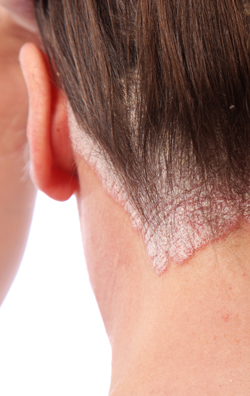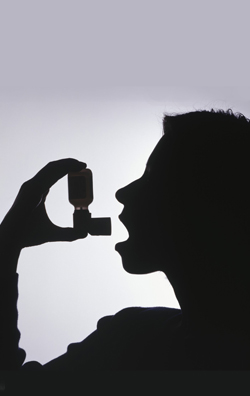
Menopause is permanent cessation of menstruation at the end of reproductive life. During reproductive years, women are protected by female hormones i.e.estrogen and progesterone.
In menopause, women enter a phase where they find a deficiency in estrogen levels. This fastens the process of ageing which results inevitably to menopause. During this period there is gradual but progressive loss of ovarian follicular activity.
Like the onset of puberty, onset of menopause also cause not just hormonal changes, but psychological and physical challenges. This period is termed by Physician’s as Perimenopause, a period which may vary anywhere between 40 to 55 years.
The mental angle will include constant mood swings, irritability and loss of sleep in mild cases. In severe cases there may be cognitive difficulty, depression, anxiety disorders and memory loss. Physical symptoms will include hot flushes, excessive sweating, vaginal dryness and infections, pain during sexual intercourse and reduced libido.
Associated to this some women may show gastro-intestinal complaints, joint problems due to onset of calcium depletion and hair loss and changes in skin pigmentation. It begins with menstrual cycle irregularities prior to menopause and extends 1 yr. after permanent cessation of menstruation.
Studies show that 80% of women show psychological & somatic symptoms during Perimenopausal period. Ayurveda, the ancient medical system of India is found to offer effective management to this condition.
Out patient management with traditional Ayurvedic medicines showed clinically significant reduction in symptoms and significant improvement in menopause specific quality of life in a clinical study conducted under Central Council of Research in Ayurveda and Sidha, New Delhi, India. (Manis.B.Modi et.al). In another study conducted by Gujarat Ayurveda University, India, patients undergoing Shirodhara (an ayurvedic inpatient treatment procedure) had better relief of the Psychological symptoms of menopause as compared to hormone replacement therapy (HRT).
Various herbs used in Ayurveda, such as Ashwagandha, Asparagus, ginseng, liquorice and calamus are rich sources of phytoestrogens, and can be used as a substitute to HRT. It must be noted that this may take longer than HRT to show its effects. Studies have also found that yoga appears to improve menopausal quality of life among healthy sedentary menopausal women. (Reed.S.D et.al).
A “Woman’s Health Initiative (WHI) study reported that among woman who take HRT, there was an increase of 26% plus in cases of breast cancer after five years. The study also suggest that among 10,000 cases of healthy postmenopausal women who took HRT, seven will suffer from heart disease, eight from stroke and eight from pulmonary embolism. A plant based diet still offers the lowest risk for both breast cancer and heart disease for other reason. It might just be the best of all worlds, something that no modern drug can offer.





